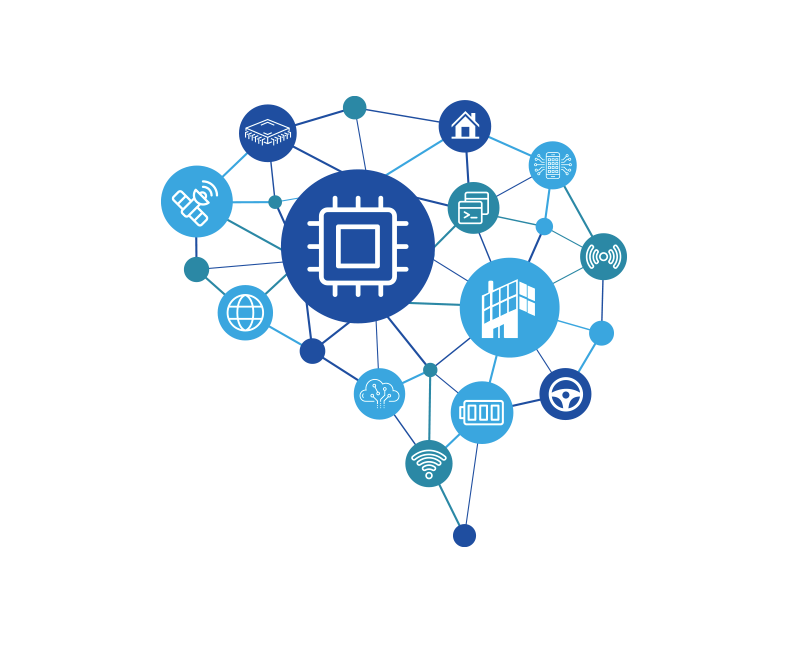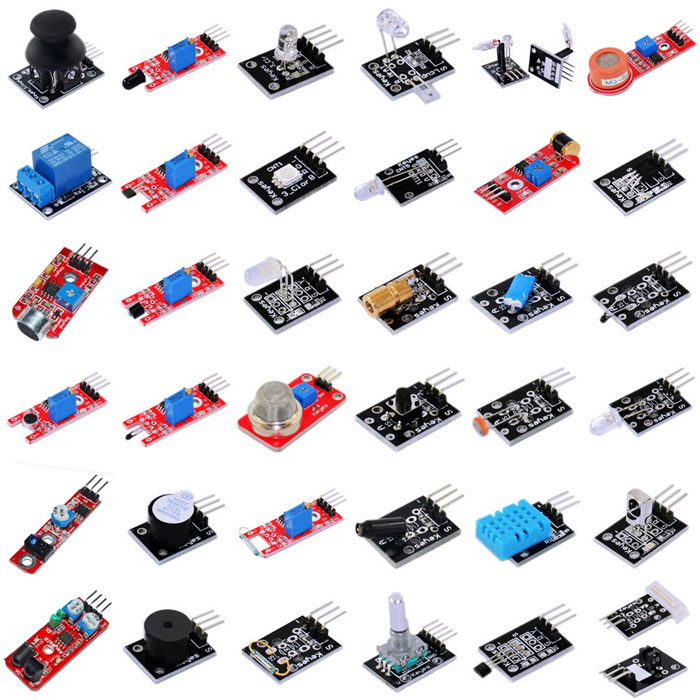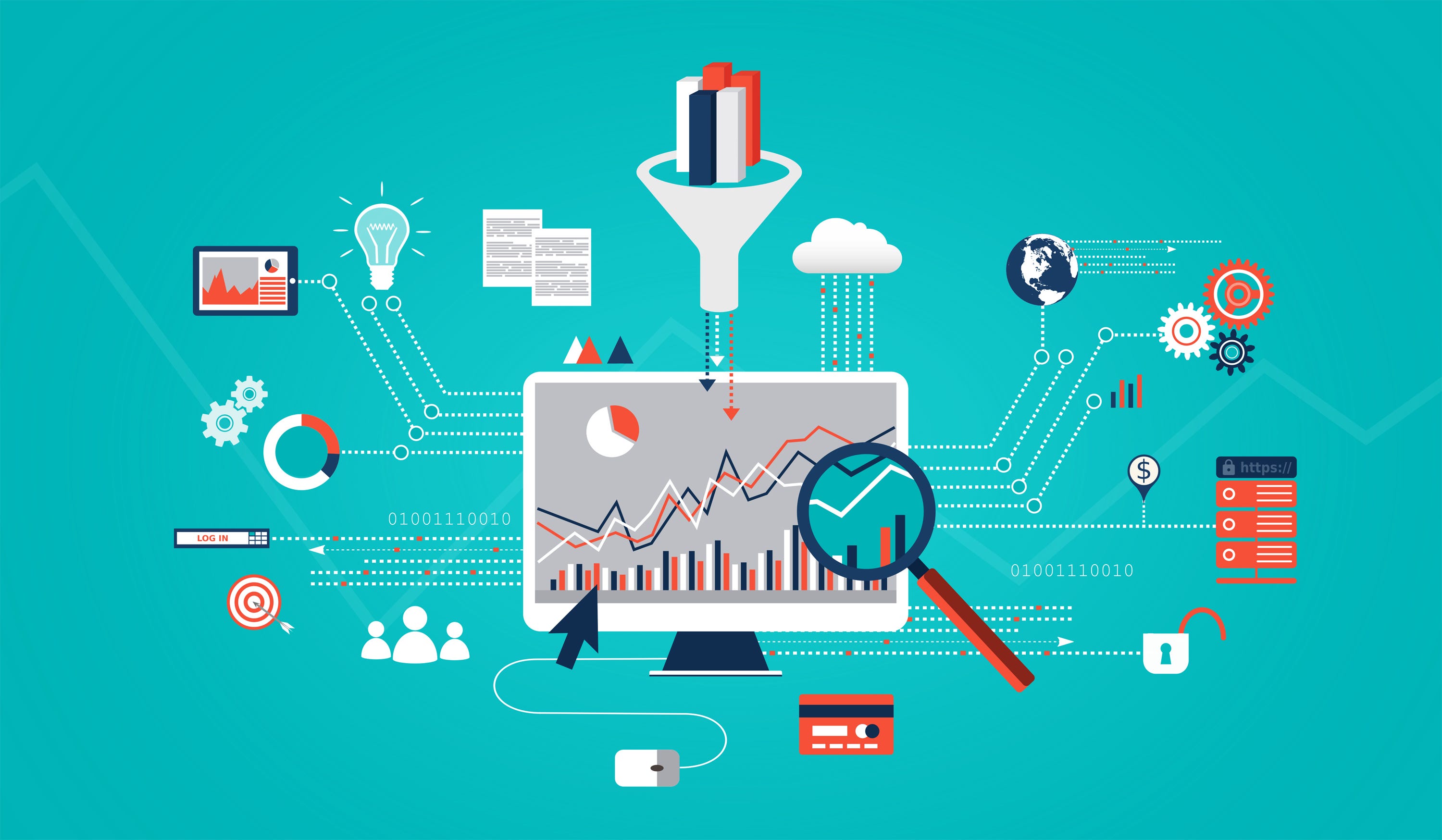How IoT Works?
Just like Internet has changed the way we work & communicate with each other, by connecting us through Internet, IoT also aims to take this connectivity to another level by connecting multiple devices at a time to the internet thereby facilitating man to machine and machine to machine interactions.
Here, 4 fundamental
components of IoT system, which tells us how IoT works.
First, sensors or devices help in collecting very minute data from
the surrounding environment. All of this collected data can have various
degrees of complexities ranging from a simple temperature monitoring sensor or
a complex full video feed. A device can have multiple sensors that can bundle
together to do more than just sense things.
For example, our phone is a device that has multiple sensors such
as GPS, accelerometer, camera but our phone does not simply sense things.
The most rudimentary step will always remain to pick and collect
data from the surrounding environment be it a standalone sensor or multiple
devices.
Next, that collected data is sent to a cloud infrastructure but it
needs a medium for transport.
The sensors can be connected to the cloud through various mediums
of communication and transports such as cellular networks, satellite networks,
Wi-Fi, Bluetooth, wide-area networks (WAN), low power wide area network and
many more.
Every option we choose has some specifications and trade-offs
between power consumption, range, and bandwidth. So, choosing the best connectivity
option in the IOT system is important.
Once the data is collected and it gets to the cloud, the software
performs processing on the acquired data.
This can range from something very simple, such as checking that the temperature reading on devices such as AC or heaters is within an acceptable range. It can sometimes also be very complex, such as identifying objects (such as intruders in your house) using computer vision on video. But there might be a situation when a user interaction is required, example- what if when the temperature is too high or if there is an intruder in your house? That’s where the user comes into the picture.
Next, the information made available to the end-user in some way.
This can achieve by triggering alarms on their phones or notifying through
texts or emails.
Also, a user sometimes might also have an interface through which they can actively check in on their IoT system. For example, a user has a camera installed in his house, he might want to check the video recordings and all the feeds through a web server.
However, it’s not always this easy and a one-way street. Depending
on the IoT application and complexity of the system, the user may also be able
to perform an action that may backfire and affect the system. For example, if a
user detects some changes in the refrigerator, the user can remotely adjust the
temperature via their phone.
There are also cases where some actions perform automatically. By establishing and implementing some predefined rules, the entire IOT system can adjust the settings automatically and no human has to be physically present. Also in case if any intruders are sensed, the system can generate an alert not only to the owner of the house but to the concerned authorities.
Conclusion
People who came up with this
idea, have also realized that this IoT ecosystem is not limited to a particular
field but has business applications in areas of home automation, vehicle
automation, factory line automation, medical, retail, healthcare and more.
Source: DATAFLAIR TEAM
About us: TMA Solutions was established in 1997 to provide quality software outsourcing services to leading companies worldwide. We are one of the largest software outsourcing companies in Vietnam with 2,500 engineers
Visit us at https://www.tmasolutions.com/





No comments:
Post a Comment